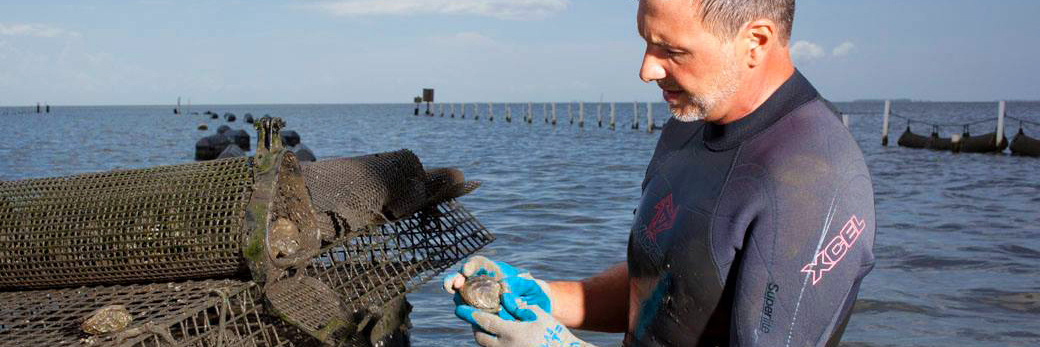
Sustainable Ecosystems & Renewable Resource Management
Our Research Focus
Sustainable Ecosystems and Renewable Resource Management focus area includes researchers that work on ecosystem services/preservation, landscapes, biodiversity, climate change, water, energy, bio-based products, alternative crops and renewable resources.
Interdisciplinary teams
- Biodiversity and landscapes (Team Leader: Art Appel)
- Bioproducts and renewable resources (Team Leader: Sushil Adhikari)
- Water and aquatic resources (Team Leader: Eve Brantley)
Biodiversity & Landscapes
This team’s diverse work includes identifying invasive and other insect species that are new to Alabama, researching control and management methods for these pests and studying the effects of factors such as climate variability on landscapes. The team’s research on identifying and managing invasive species is important for growers, as invasive species like the kudzu bug and marmorated stink bug often cause damage to farmers’ crops, said team leader and urban entomologist Art Appel.
“You can’t control it or manage it unless you know what it is and know how it works,”
said Appel, who focuses on cockroaches, bed bugs, ants and other pests that invade people’s homes.
Other researchers on the team are studying soil nutrition management and how to properly amend soil, while other are investigating rhizobacteria, plant growth-promoting bacteria in the soil that help plants better utilize nutrients and still others the impact of human development on water, landscapes and plant quality.
Bioproducts & renewable resources
Converting agricultural wastes into plastics, chemicals and other materials traditionally made from petroleum-based sources has potential as a new industry in Alabama, and this team, led by biosystems engineering Alumni Professor Sushil Adhikari, is working to make that happen. The scientists are investigating all aspects of using renewable resources to create bioproducts and biofuels as sustainably as possible.
Some team members are looking at sustainable aquaponics systems that use fish waste to produce fertilizer or ingredients for bioplastic manufacturing. Through their research on converting agricultural waste to marketable products, the group strives to add value to Alabama farmers and benefit growers, consumers and the planet.

Water & aquatic resources
In animal husbandry, crop growth, food processing, human and environmental health and every other aspect of sustainable food production, water is essential. This team studies all aspects of water, whether physical, chemical or biological, and how they relate to agriculture and the environment. Research topics include water quality issues, flooding, drought, effects of land use change on water quality, aquatic biota and stream and groundwater availability and quality.
Puneet Srivastava, a biosystems engineering professor and director of Auburn’s Water Resources Center, leads this team and specializes in water research in the areas of pollution, drought, and climate change and forecasts. Scientists on this team often cross-collaborate with researchers from many other research teams in the College of Agriculture.
Currently, this team and the research group focused on automation and data-driven decision systems are partnering on a proposal related to sustainable agriculture systems. Another multidisciplinary collaboration example would be with food production, processing and safety, as many food-borne diseases are transmitted by water. Overall, team researchers are focused on the food production and environmental aspects of sustainability when it comes to water and its use.
